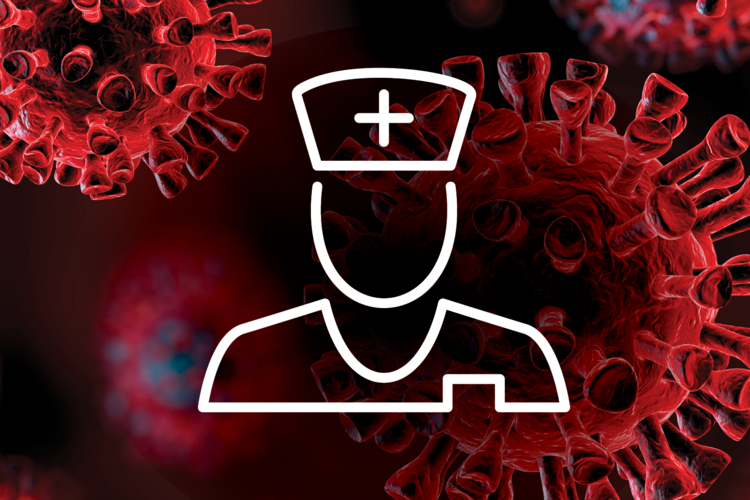The shutdowns in the United States—of businesses, restaurants, schools, churches—began one year ago this March. We asked 14 experts to reflect on the biggest lessons from the past year in the hope that they might help us find a better way forward. You can read the rest of the series here.
The Covid-19 pandemic has unmasked the unmet health needs of children and families across the globe. Pandemics produce risks due to infection, confinement, social isolation, stress and delayed care for all patients from overburdened health systems. Clearly, affordable, accessible and equitable health care is essential for treating acute illness.
There is a tragically increased risk of infection and death for those living in poverty, homeless families, those in refugee and detention camps, Indigenous families and persons of color.
Quarantine has also increased the physical, emotional and sexual abuse of children. Their growth and development will be affected by school shutdown, reduced socialization and physical activity, changes to routine, especially sleep, excessive protection and dietary changes forced by food insecurity. Such toxic childhood experiences impair learning adaptive behaviors, lifelong physical and mental health and adult work productivity. Parents with vastly different personal, professional and technological supports must ensure protection and normal development.
Parents themselves have manifested increased acute stress, anxiety, depression and suicide. During pregnancy these contribute to fetal loss and impairments in infant neurodevelopment. There has been a surge in domestic violence toward women confined with abusive partners and lacking usual support. Men have had a higher death rate than women correlated to increased smoking, drinking and drug use; resistance to hand-washing and mask wearing; and delayed recourse to health care.
These experiences raise serious challenges to care and justice for the future including the need to: 1) resuscitate public health and its role in disease prevention and the eradication of poverty, 2) ensure equitable access to treatment and vaccination, 3) address the global crisis of insufficient mental health services.
Catholic Colleges and Universities
Developing Nations
Mental Health
The American Family
Inequality
Technology
Catholic Schools
The American Work Force
Parish Life
Economy
Catholic Hospitals
Globalization
Spiritual well-being








